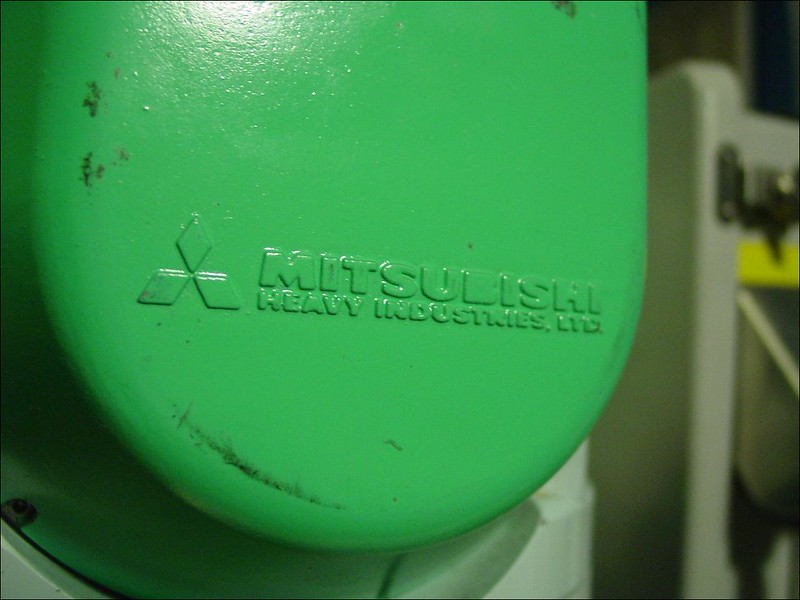Recent political campaigns have reignited the debate over the future of nuclear power in Japan. Beyond the rhetoric, however, lies a tough reality for nuclear. The industrial giants that once formed the backbone of its development in Japan are moving on.
The latest strategies of Japanese heavy machinery and engineering firms ooze details on R&D and investments in hydrogen, carbon capture and CO2 recycling, as well as around synthetic or bio alternatives to fossil fuels. On nuclear, not so much.
Over the past three years, Japanese companies have quit every overseas new nuclear construction bid they were involved in. All new domestic atomic power projects froze in 2011. Several of the top players left the field entirely. Last year, Kawasaki Heavy Industries said it plans to sell its nuclear business, while IHI and Toshiba dissolved a nuclear venture. Talk of forming a domestic nuclear champion has stalled.
While earlier this year engineering firms IHI and JGC invested in a U.S. small modular reactor (SMR) maker, NuScale, the sums are modest, far less than what Japan’s heavy industry is channeling into other CO2-free technologies.
Should the government back construction of new nuclear plants, then the course might change. But this is not on the near-term agenda, according to incoming METI minister Hagiuda, which may be a reason for concern. By the time new nuclear orders arrive, Japan’s top engineers may already be too invested elsewhere.

